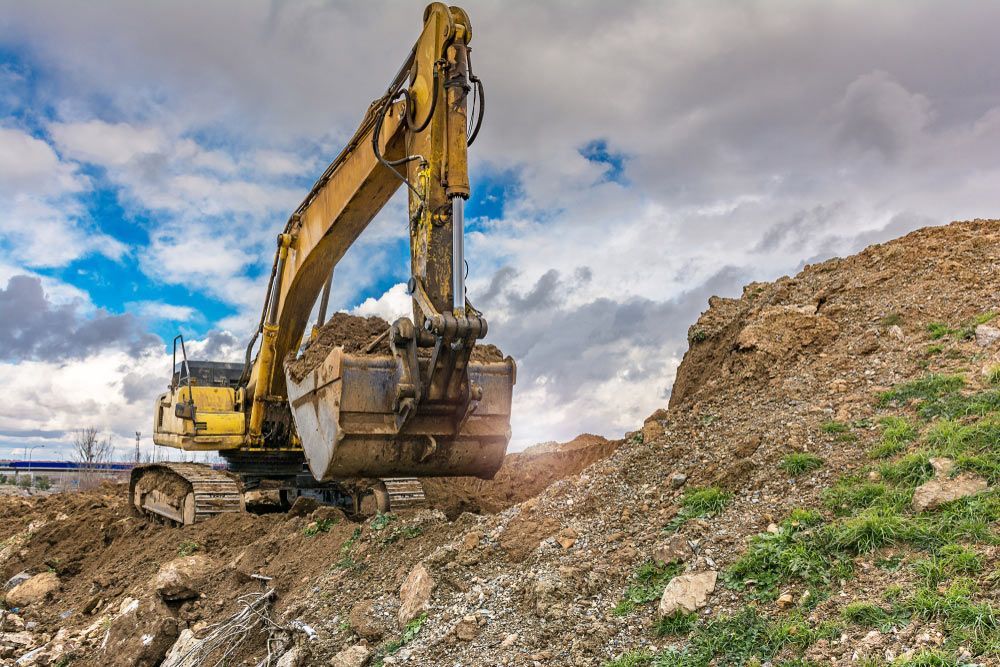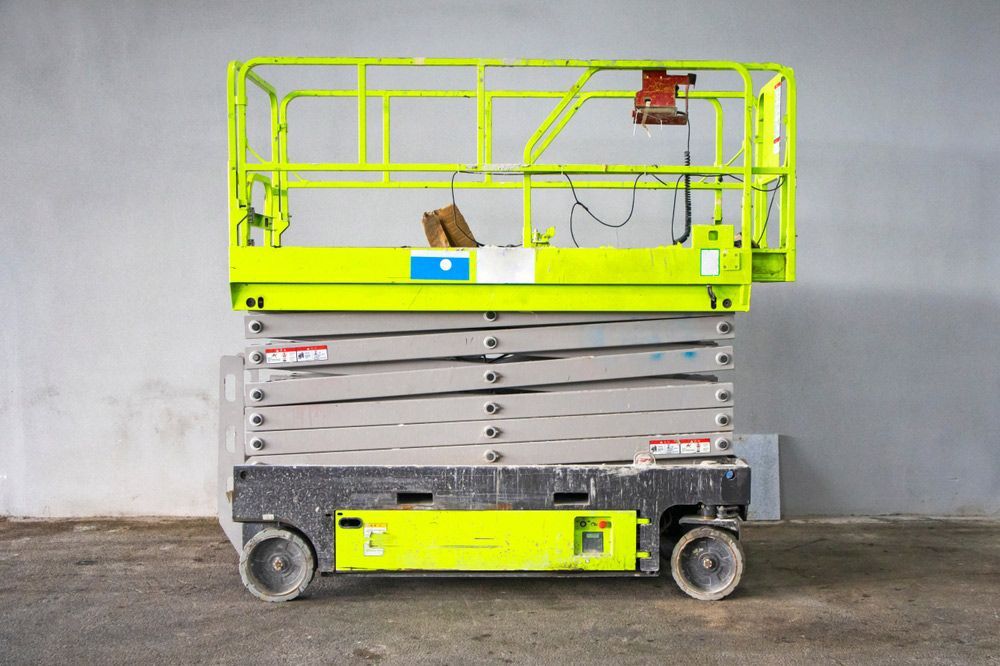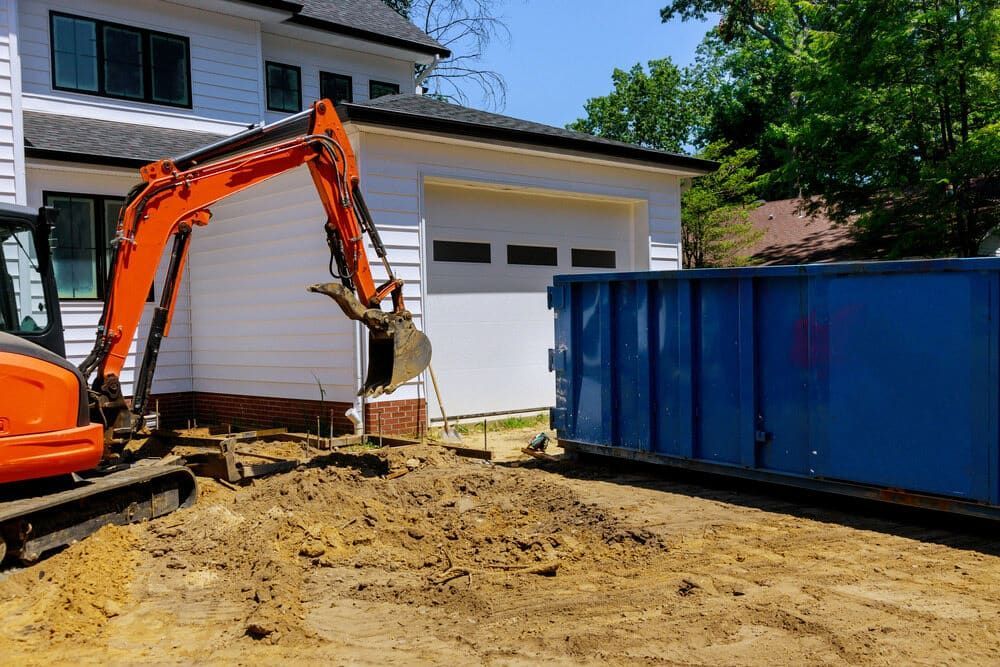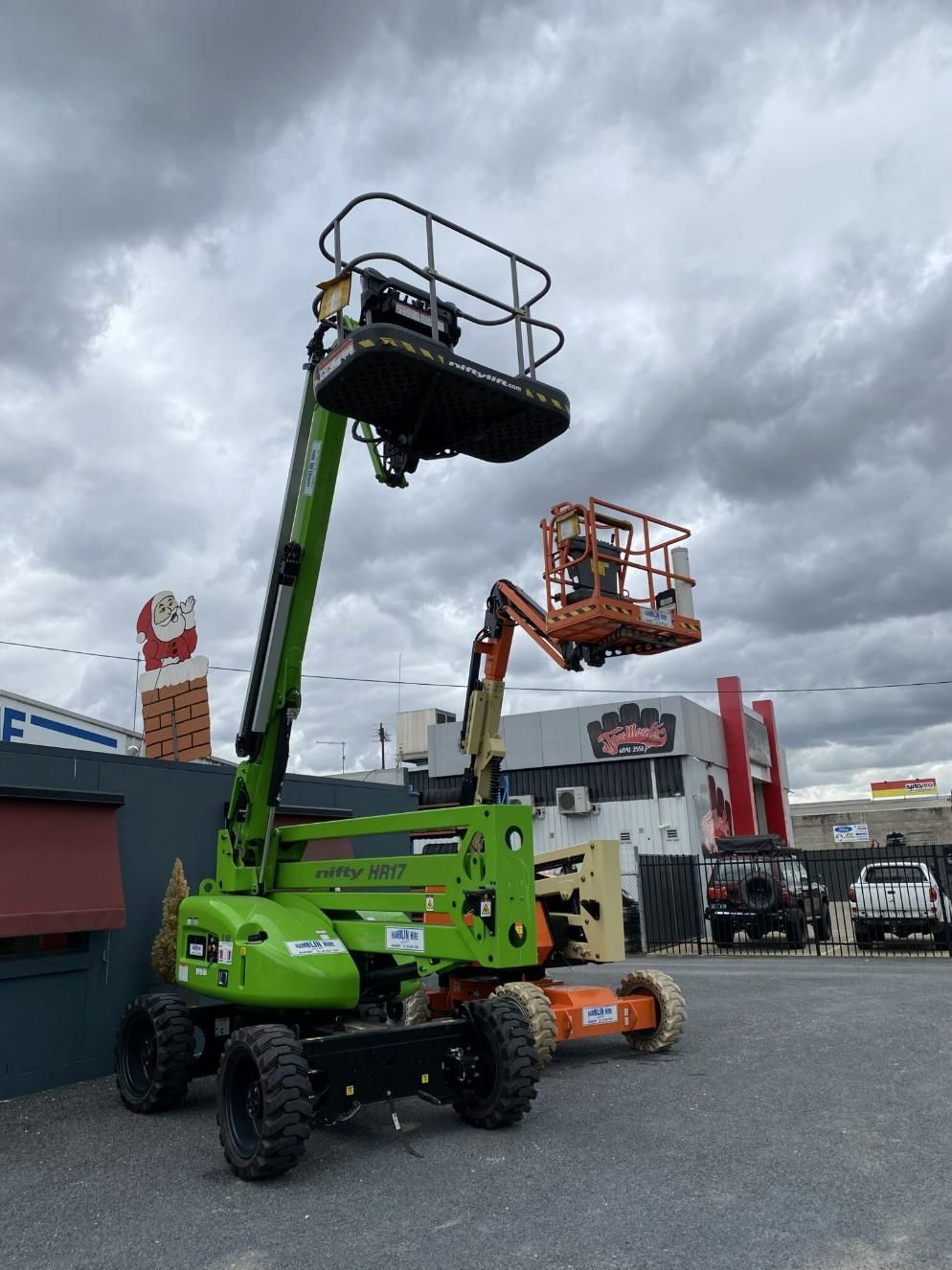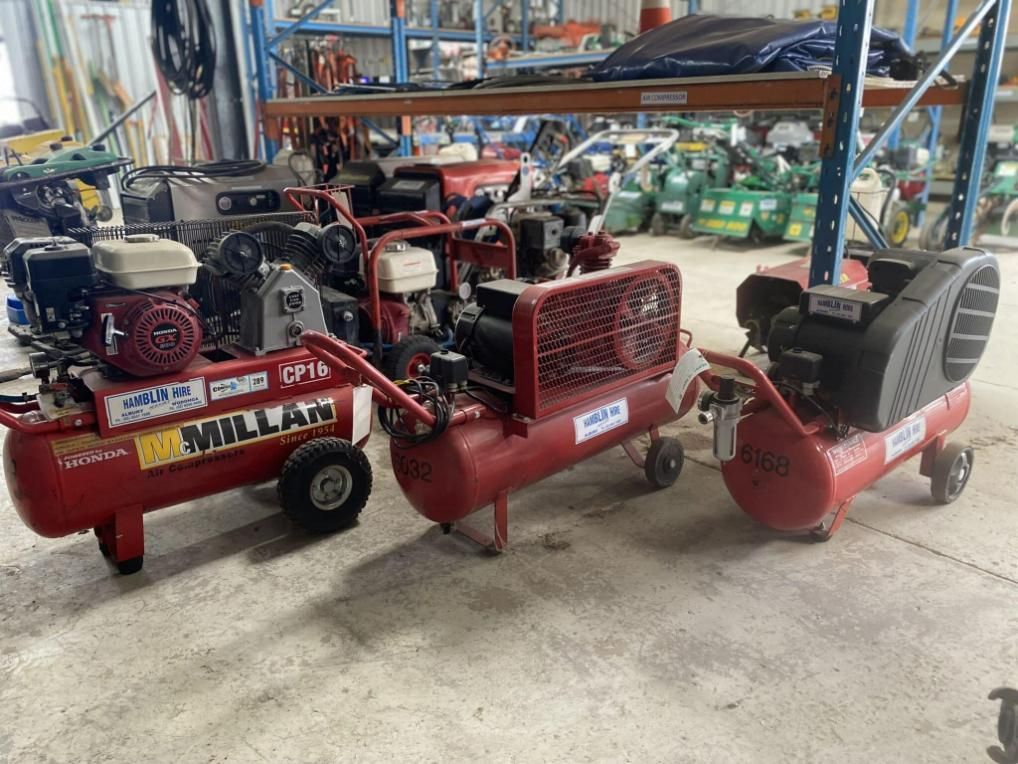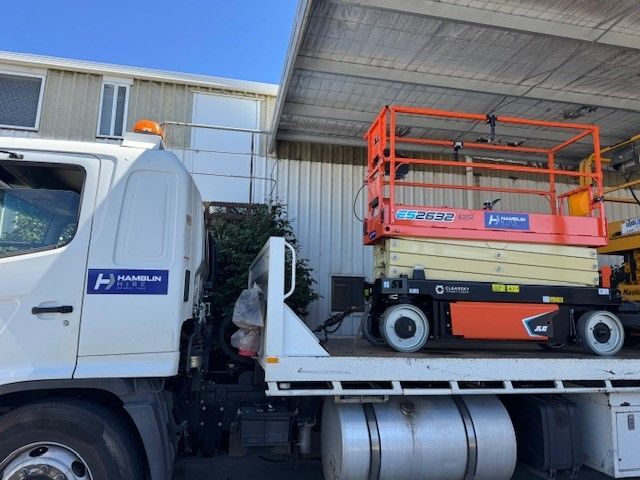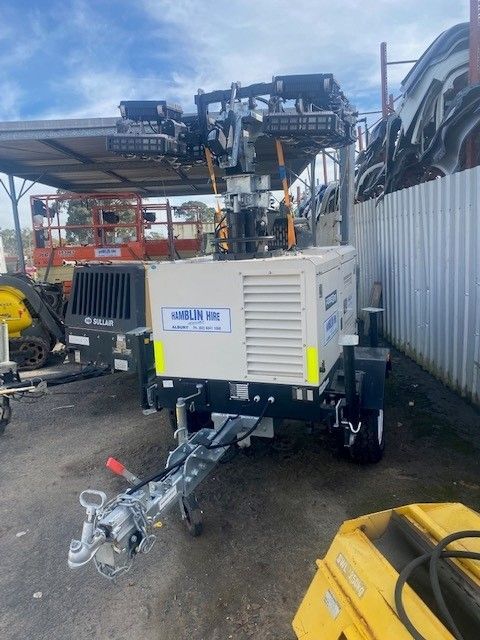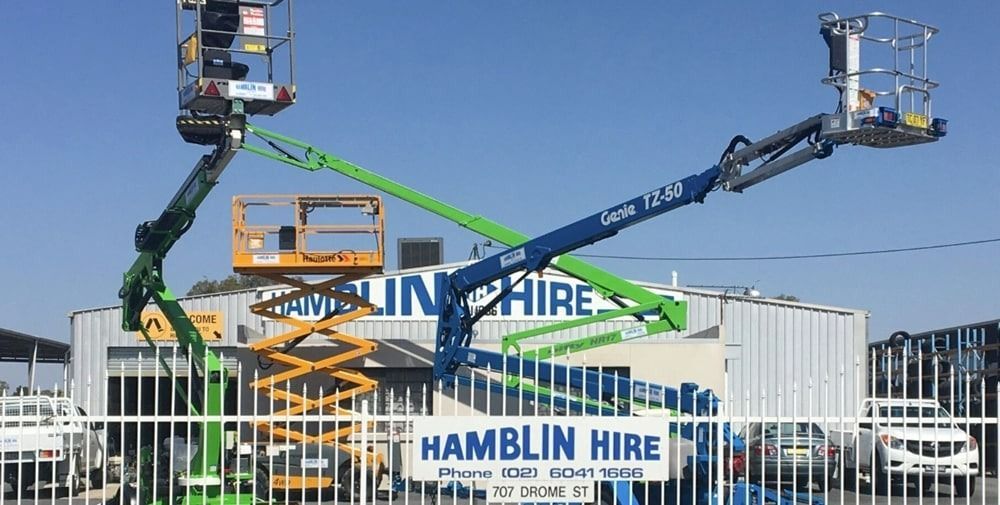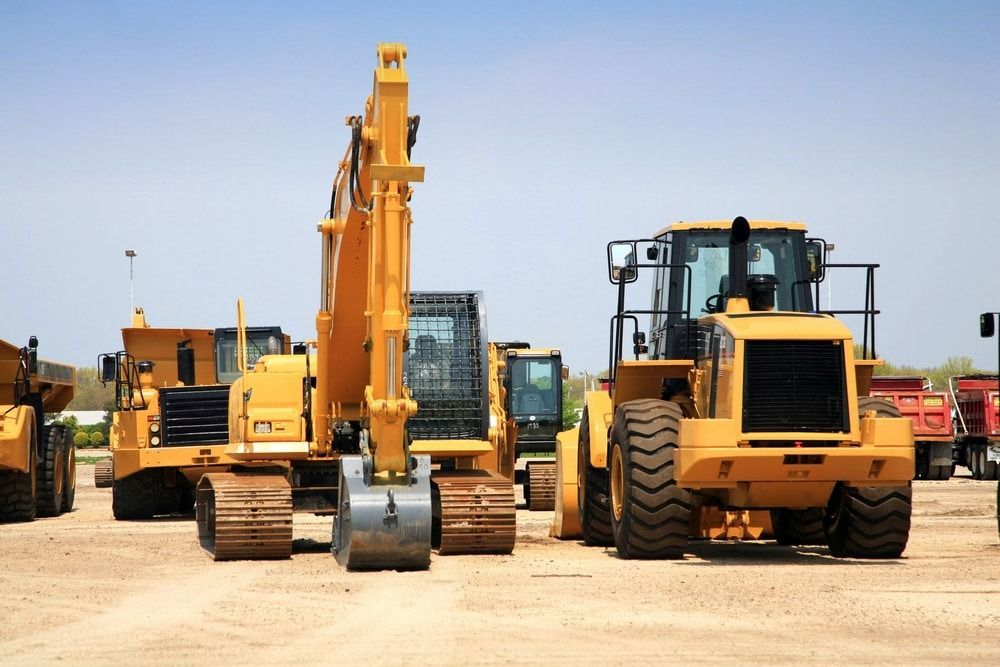Dry Hire vs Wet Hire: What’s the Best Option for Your Project?
When embarking on a construction or building project, one of the key decisions you’ll face is whether to go for dry hire equipment or wet hire. Both options have their advantages, depending on the specifics of your project, budget, and timeline. Understanding the differences between dry hire and wet hire is essential to making the best decision for your needs.
In this blog, we’ll explain the basics of both dry hire and wet hire, discuss the key factors that influence your choice, and help you decide which is the right option for your next construction or building project.
What is Wet Hire?
On the other hand, wet hire includes the rental of both the equipment and an operator. In this arrangement, the hire company provides a trained professional to operate the machinery, which means less responsibility for you and your team when it comes to operating the equipment.
Key Characteristics of Wet Hire:
- Equipment & Operator Provided: The hire company provides the equipment along with a qualified operator.
- Higher Costs: Wet hire tends to be more expensive since you are also paying for the expertise and time of the operator.
- Less Responsibility: You don’t need to worry about finding, training, or managing an operator.
- Flexibility: Wet hire offers flexibility in terms of scheduling, as you don’t need to worry about availability or scheduling your own operators.
When to Choose Wet Hire:
- Lack of In-House Operators: If your team doesn’t have the necessary skills or experience to operate specific equipment, wet hire is the ideal solution.
- Short-Term Projects: For short-term or one-off projects, where hiring and managing an operator might be inefficient or unnecessary, wet hire provides a hassle-free option.
- Specialist Equipment: If the equipment requires specialised knowledge or experience to operate, such as complex machinery or high-risk equipment, wet hire ensures the job is done safely and efficiently.
What is Dry Hire Equipment?
Dry hire refers to the rental of equipment without the inclusion of an operator. In this arrangement, the hirer (you) is responsible for supplying the necessary operator or crew to operate the equipment. Essentially, you’re hiring the machine or tool, but not the expertise to run it.
Key Characteristics of Dry Hire:
- Equipment Only: You receive the machinery or tools without an operator.
- No Operator Provided: You provide the operator and any necessary labour.
- Lower Costs: Dry hire generally costs less because you are not paying for an operator.
- Full Control: You have complete control over how the equipment is used and when.
When to Choose Dry Hire:
- When You Have Skilled Operators: If your team already includes qualified personnel who are familiar with the equipment, dry hire can be the most cost-effective option.
- Long-Term or Ongoing Projects: If the equipment is going to be used continuously over an extended period, having your own operator can save on the cost of hiring an operator separately.
- Specific Project Requirements: For projects where you have a specific requirement or workflow, dry hire gives you full control over how and when the equipment is used.
Key Differences Between Dry Hire & Wet Hire
Now that we’ve covered what dry and wet hire are, it’s time to break down the main differences between these two options, so you can make an informed decision based on your project’s needs.
Cost
- Dry Hire: Dry hire tends to be more affordable because you’re only paying for the equipment, not the operator.
- Wet Hire: Wet hire costs more, as it includes the operator’s labour, but this also covers the cost of professional expertise.
Responsibility
- Dry Hire: With dry hire, you’re responsible for providing an operator and ensuring they are trained and qualified to use the equipment.
- Wet Hire: In wet hire, the responsibility of providing a skilled operator falls on the hire company, reducing your administrative workload.
Flexibility
- Dry Hire: Dry hire offers more flexibility in terms of how and when the equipment is used, as you have control over your team’s schedule.
- Wet Hire: Wet hire offers less flexibility in terms of scheduling, as you are reliant on the availability of the operator provided by the hire company.
Skill Level
- Dry Hire: You need to have skilled operators on your team who know how to operate the machinery safely and efficiently.
- Wet Hire: Wet hire provides an advantage if you don’t have experienced operators, as the hire company will provide a skilled professional to operate the equipment.
What Type of Projects Are Best Suited for Dry Hire?
While dry hire can be a fantastic option for many construction and building projects, it’s not suitable for every situation. Understanding which projects benefit most from dry hire can help you decide whether this is the best choice for your needs.
Long-Term Projects
For long-term projects, dry hire is often more cost-effective. Since you’re hiring the equipment for an extended period and already have your own team of operators, this option offers better value for money in the long run.
Large-Scale or Ongoing Construction Projects
For large-scale construction projects where heavy machinery will be needed regularly, dry hire allows you to maintain full control over the equipment usage and operator schedules. You can ensure your team is using the machinery when required, without having to rely on external operators.
When You Have In-House Expertise
If you have skilled operators on your team who are capable of operating specific equipment, dry hire is a great way to save costs while maintaining full control over the operation. This is ideal for experienced construction contractors who want to manage all aspects of the project.
Specific Equipment Use
If you’re working on a project that requires specific types of equipment, and you already have the personnel to operate it, dry hire allows you to customise your fleet of machinery to meet your needs without paying for additional operators.
Get the Right Equipment for Your Project—Contact Hamblin Hire Today!
Choosing between dry hire and wet hire depends largely on the scale of your project, the expertise available within your team, and your overall budget. Both options offer advantages, and understanding the differences between the two is crucial to making the right decision for your needs.
At Hamblin Hire, we offer a wide range of dry hire equipment tailored to your construction needs. Whether you require excavators, diggers, or other heavy machinery, we provide well-maintained equipment that’s ready for your project.
Contact us today to discuss your equipment hire needs, and let us help you choose the right option for your project.

